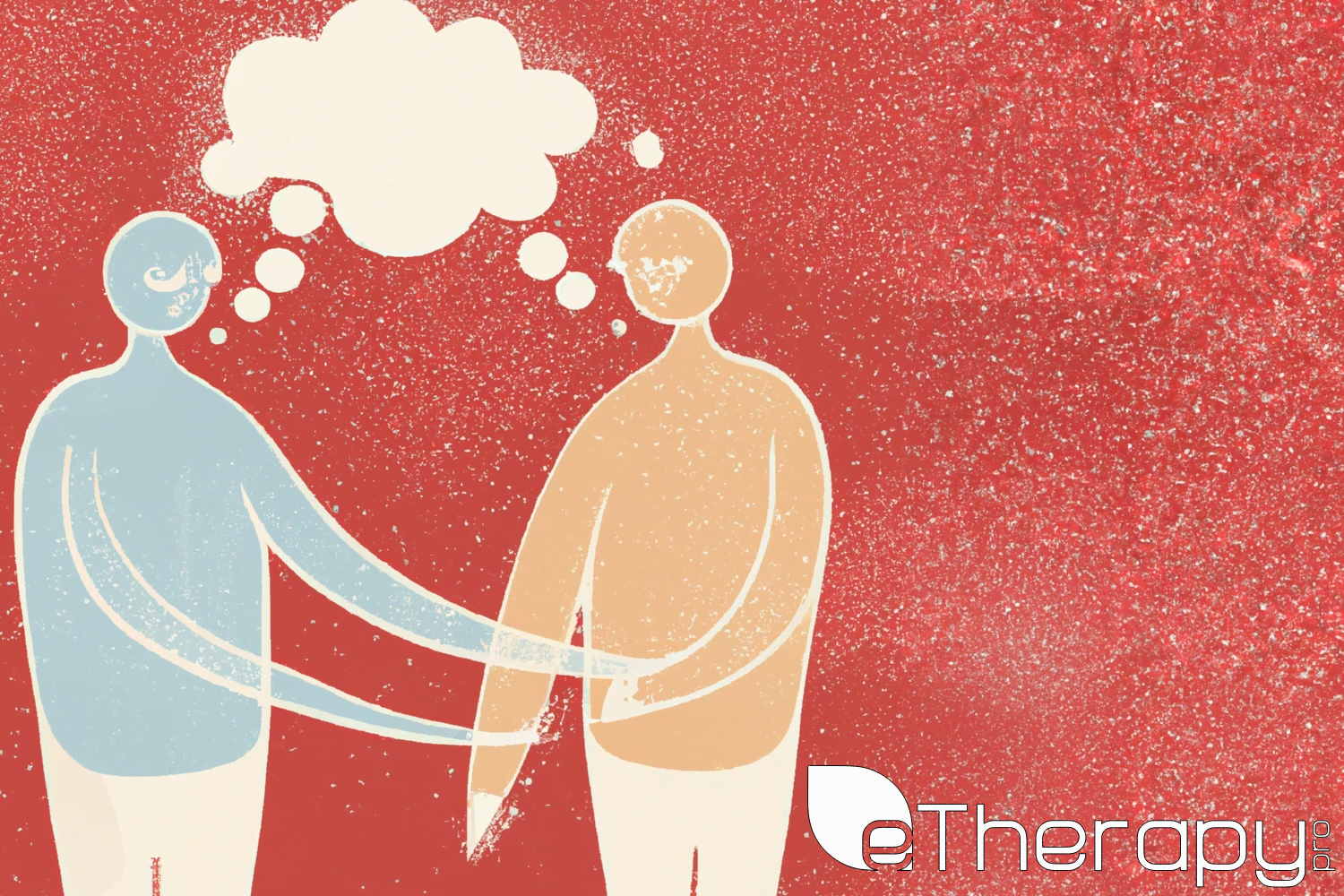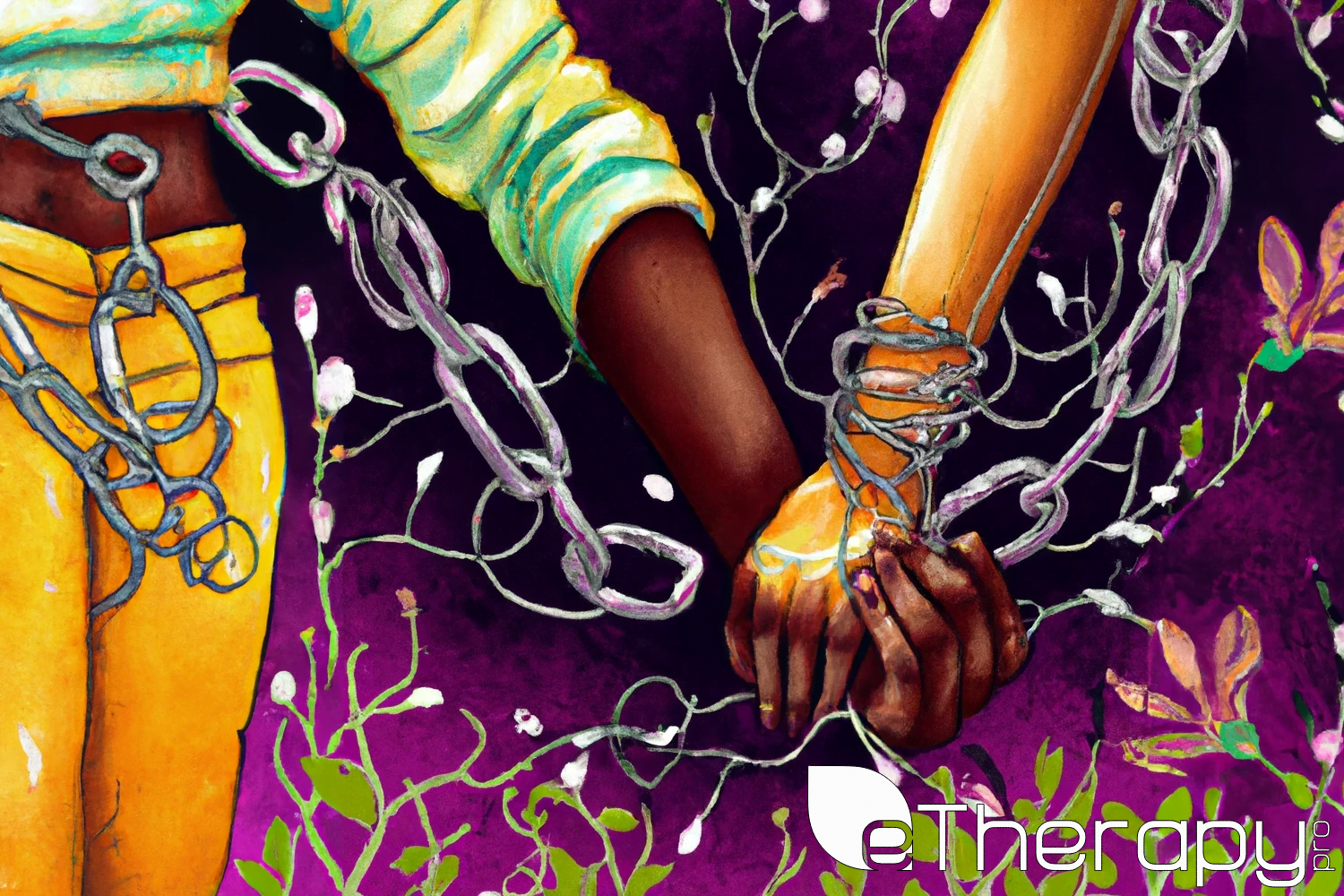
The absence of a father figure can have a profound impact on an individual’s personal development, shaping their emotional well-being, sense of identity, and ability to form healthy relationships. Whether due to physical absence or emotional distance, the void left by an absent father figure can contribute to feelings of neglect, abandonment, and the development of father issues.
Understanding the Effects of an Absent Father Figure
An absent father figure can leave a lasting impact on various aspects of a person’s life, affecting their emotional, psychological, and relational well-being. Understanding these effects is crucial in navigating the challenges associated with the absence of a father figure and finding paths toward healing and personal growth.
Emotional Impact
The emotional impact of an absent father figure can be profound. Feelings of loss, abandonment, and neglect can create emotional wounds that manifest as low self-esteem, self-doubt, and a lack of trust in others. Addressing these emotional challenges is essential for individuals to build a healthy emotional foundation and develop a positive sense of self.
Children who grow up without a father figure often carry the wounds of that absence into adulthood. Healing these wounds requires introspection, self-compassion, and support. – Dr. John Gray
Identity Formation
The absence of a father figure can significantly influence a person’s sense of identity. Without a strong paternal presence, individuals may struggle with questions of self-worth, identity formation, and a clear understanding of their roles and responsibilities. Exploring and defining their sense of self becomes a crucial aspect of healing and personal growth.
By learning to rely on oneself and to be strong, individuals can overcome the challenges they face and emerge stronger. – Dr. Michael Gurian
Impact on Relationships
The absence of a father figure can shape an individual’s ability to form and maintain healthy relationships. Trust issues, fear of abandonment, and difficulties with emotional intimacy often arise from unresolved Daddy-related issues. Recognizing and addressing these challenges is essential in fostering fulfilling and secure connections with others.
Absent Father: Navigating the Healing Journey
While the impact of an absent father figure can be profound, it is possible to navigate the healing journey and cultivate personal growth and resilience.
Seeking Professional Support
Professional support plays a crucial role in healing from the effects of an absent father figure. Therapists, counselors, and mental health professionals can provide guidance, offer therapeutic interventions, and create a safe space for individuals to explore their emotions, experiences, and father-related issues.
Cultivating Self-Awareness and Self-Compassion
Developing self-awareness and practicing self-compassion are vital in the healing process. By exploring their emotions, understanding their father-related experiences, and cultivating self-compassion, individuals can begin to heal the wounds left by an absent father figure and build a stronger sense of self.
The journey of healing begins with the willingness to seek help. It is important to remember that you are not alone and that there are people who can help you on your journey. – Dr. Phil McGraw
Building Supportive Relationships
Building and nurturing supportive relationships is an integral part of healing from the impact of an absent father figure. Surrounding oneself with a strong support system, including friends, mentors, and positive role models, can provide the love, guidance, and encouragement needed to overcome Daddy-related challenges and foster personal growth.
Supportive relationships are essential for healing and growth. They provide us with the love, acceptance, and understanding that we may have missed from an absent father figure. – Dr. Bruce Perry
Developing Self-Reliance and Resilience
In the absence of a father figure, individuals often learn to rely on themselves and develop resilience to navigate life’s challenges. Embracing one’s own strength and cultivating self-reliance can empower individuals to overcome Daddy-related issues, build confidence, and thrive despite the absence of paternal guidance.
The absence of a father can be a challenge, but it can also be an opportunity for growth. By learning to be self-reliant and resilient, children can develop into strong and independent individuals. – Dr. Michael Gurian
Conclusion of Absent Father
While the absence of a father figure can leave deep emotional wounds and impact various aspects of an individual’s life, it is important to recognize that healing and personal growth are possible. By seeking professional support, cultivating self-awareness and self-compassion, building supportive relationships, and developing self-reliance and resilience, individuals can navigate the effects of an absent father figure and shape a positive and fulfilling life.
In this journey of healing, eTherapyPro stands as a supportive partner, offering access to qualified professionals who specialize in addressing Daddy-related issues and providing compassionate guidance. Through their expertise and dedication, individuals can find the help they need to heal, grow, and thrive despite the challenges posed by the absence of a father figure.






